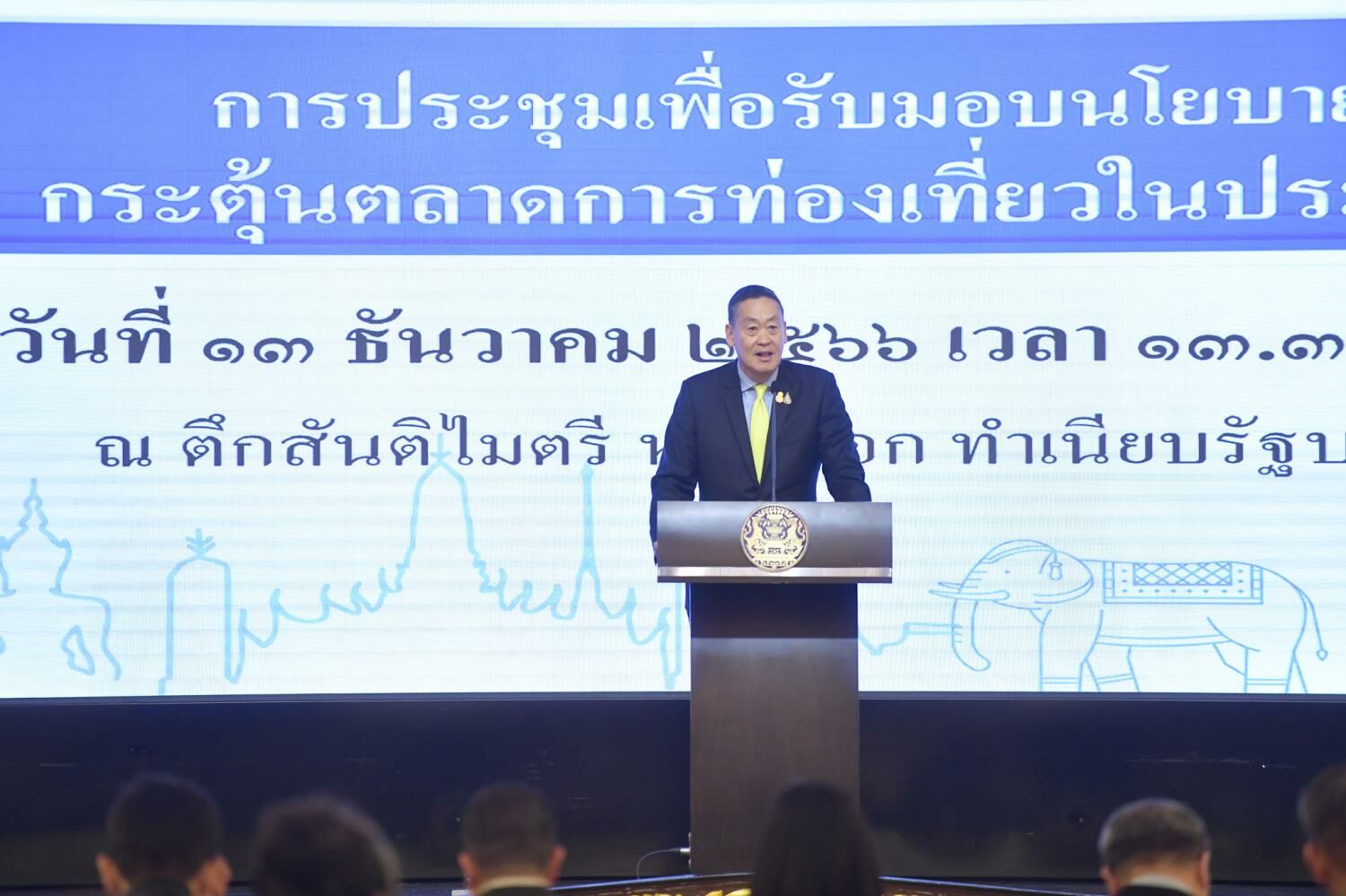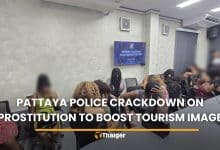Thailand’s tourism authority plans strategy revamp to boost visitor spending

The Tourism Authority of Thailand (TAT) is setting its sights on revamping its strategies to rejuvenate tourist spending, which has experienced a notable decline since the onset of the pandemic. Foreign tourists’ expenditure has dipped from an average of 50,000 baht to 42,000 baht.
Prime Minister Srettha Thavisin yesterday urged TAT executives and domestic offices to reignite tourism expenditure. He suggested promoting less well-known cities, encouraging spending beyond the high season, curating products that cater to tourists’ demands, and smoothing the connection between different destinations.
Tourism and Sports Minister Sudawan Wangsuphakijkosol revealed plans to discuss strategies with TAT to extend the duration of stay for Thai as well as international tourists. This will be achieved by offering combined tourism products that span more than one destination. The minister emphasised that TAT should persuade cross-border tourists to extend their stay beyond a single day.
This approach should also be implemented for domestic travellers across all provinces. This is primarily because local visitors are boosting tourism spending in second-tier cities, according to Sudawan Wangsuphakijkosol, reported Bangkok Post.
In 2019, foreign tourists spent roughly 5,100 baht (US$145) per day, equating to around 50,000 baht per trip. Before the pandemic, the average growth of spending per person was increasing at a rate of 2.5 to 5% per year. However, this year witnessed a shrink in average spending due to an increase in short-haul tourists from Southeast Asia, who typically have shorter stays than other markets. Additionally, the Chinese market did not perform as anticipated.
The minister also pointed out that not every province is equipped to accommodate overnight visitors due to potential limitations in hotel availability or infrastructure. She suggested that TAT should re-evaluate its strategy and consider promoting a cluster of provinces as a combined tourism package rather than promoting each province individually.
The TAT governor, Thapanee Kiatphaibool, stated the most viable option to increase spending was to promote longer stays. The agency plans to liaise with tour agents from markets that usually offer chartered flights to Thailand. The aim is to encourage these markets to include two destinations within the country in their packages, combining less-discovered provinces with more popular ones.
Countries that have more than a 30-day stay allowance, like Russia, which recently witnessed an extension to 90 days, as well as tourists with long-stay visas, are potential targets.
The TAT is also considering increasing its budget to facilitate joint promotions with airlines or tour agents. This would provide direct flights to and from second-tier provinces, in addition to the tourists’ preferred destinations.
For instance, the agency may discuss with Russian tour agents the prospect of flying to Udon Thani before travelling to southern beach destinations. They may also encourage choosing less crowded beach provinces, such as Krabi, over the more popular Phuket.
Latest Thailand News
Follow The Thaiger on Google News:


























